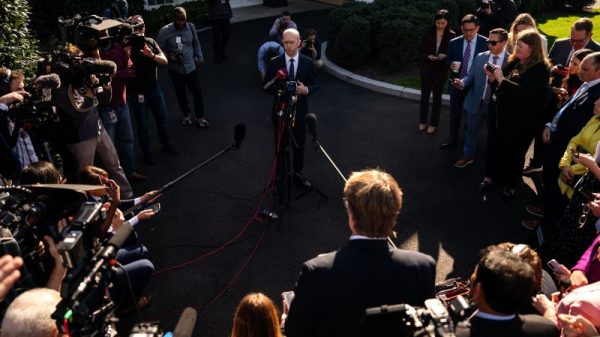In his annual report, Chief Justice of the Supreme Court John Roberts has sidestepped the recent controversies integral to the nation’s highest court. Roberts’s notable abstention from addressing the topic does not come as a surprise given the court’s impartiality; however, with criticism previously directed towards Supreme Court justices for alleged unethical behavior, a public statement recognizing recent upsets on the Hill may have been beneficial.
Last year saw an unprecedented attack on the Supreme Court’s ethics. Democrats accused justices Kavanaugh and Gorsuch of dishonesty due to their response to perceived conflicts of interest. The arrival of Justice Amy Coney Barrett only further exacerbated the already rancorously charged Supreme Court nominations and hearings. Given the controversy, it appears as though Roberts was attempting to remain fairly distant from vocalizing the negative sentiments swirling around this political branch.
However, instead of avoiding the subject matter, Roberts could have used this opportunity to meaningfully address the public’s concern with the Supreme Court’s ethical standards. Advocates of the court may argue that he was performing his duty of impartiality; however, there was still an opportunity for him to recognize the tension and suggest ways in which he and his fellow justices will work to achieve a higher level of ethical behavior. It is the justices’ duty to serve the public and a public statement may have provided more assurance that the court will do so ethically.
In his attempt to remain nonpartisan, Chief Justice Roberts has once again sidestepped politically pertinent controversies in his annual report. While it is understandable that Roberts is attempting to remain impartial, his avoidance may lead to further dissatisfied sentiments amongst those seeking leftist reform. He may have benefited greatly from at least recognizing recent ethical issues and proposing viable solutions rather than missing a public relations opportunity.




























